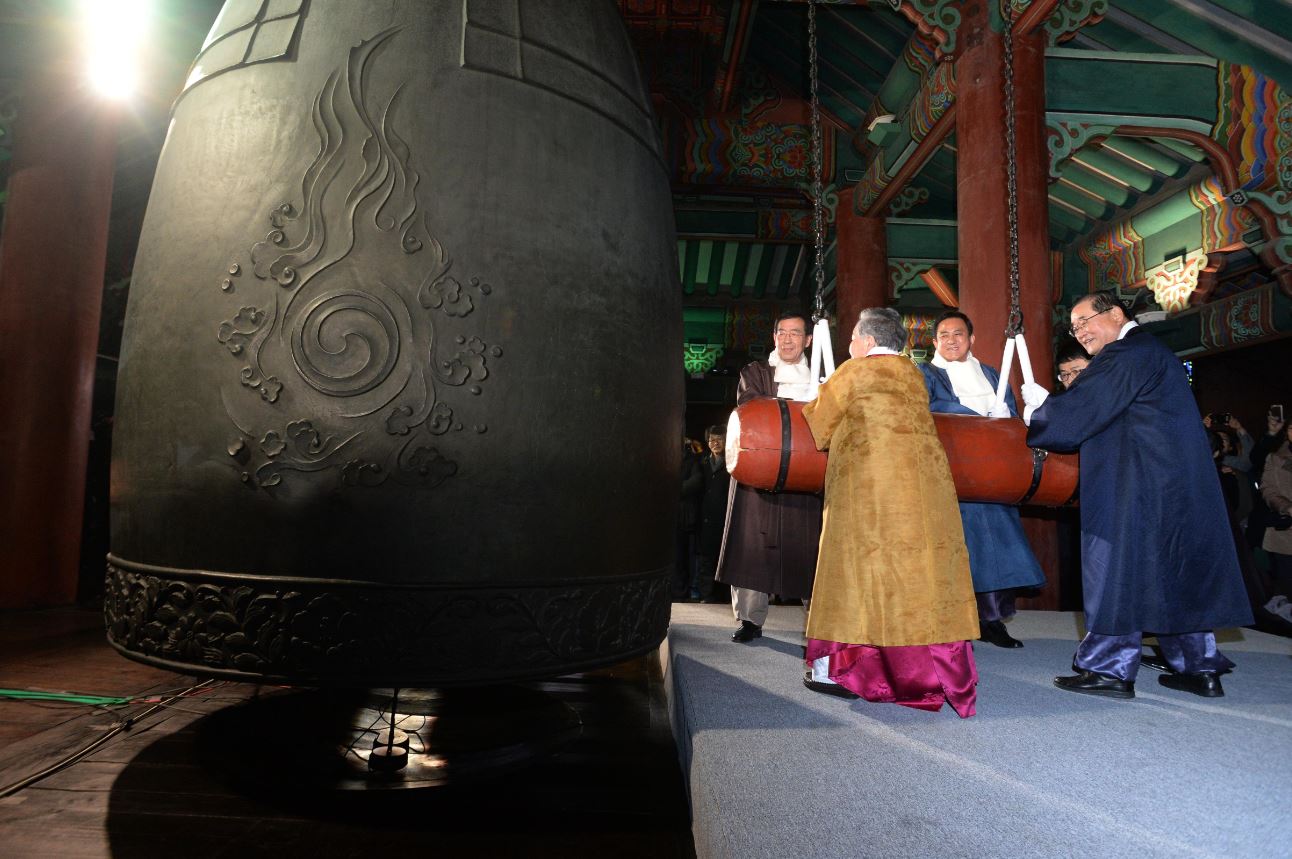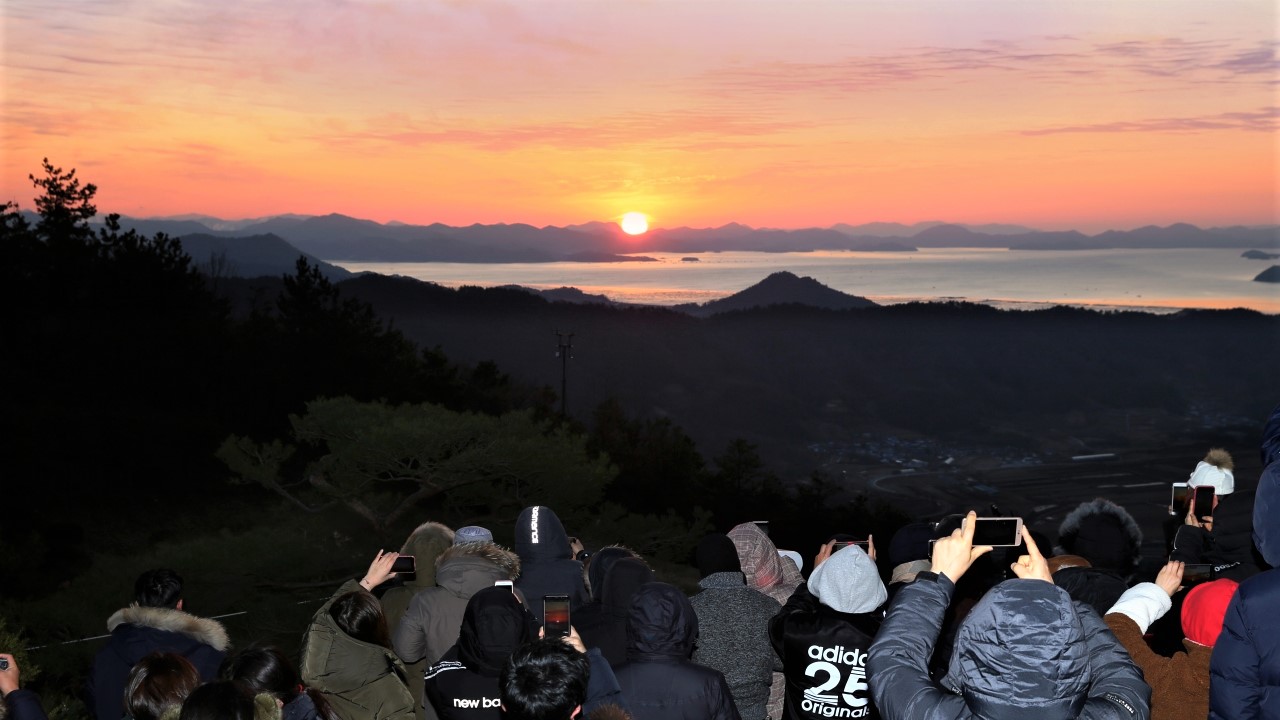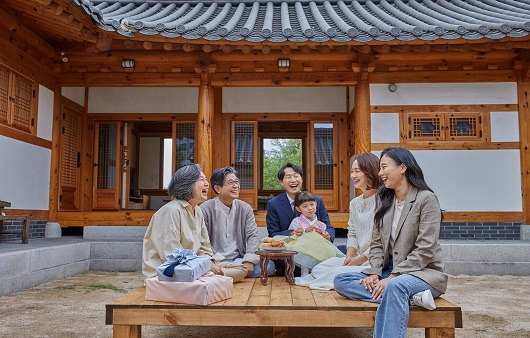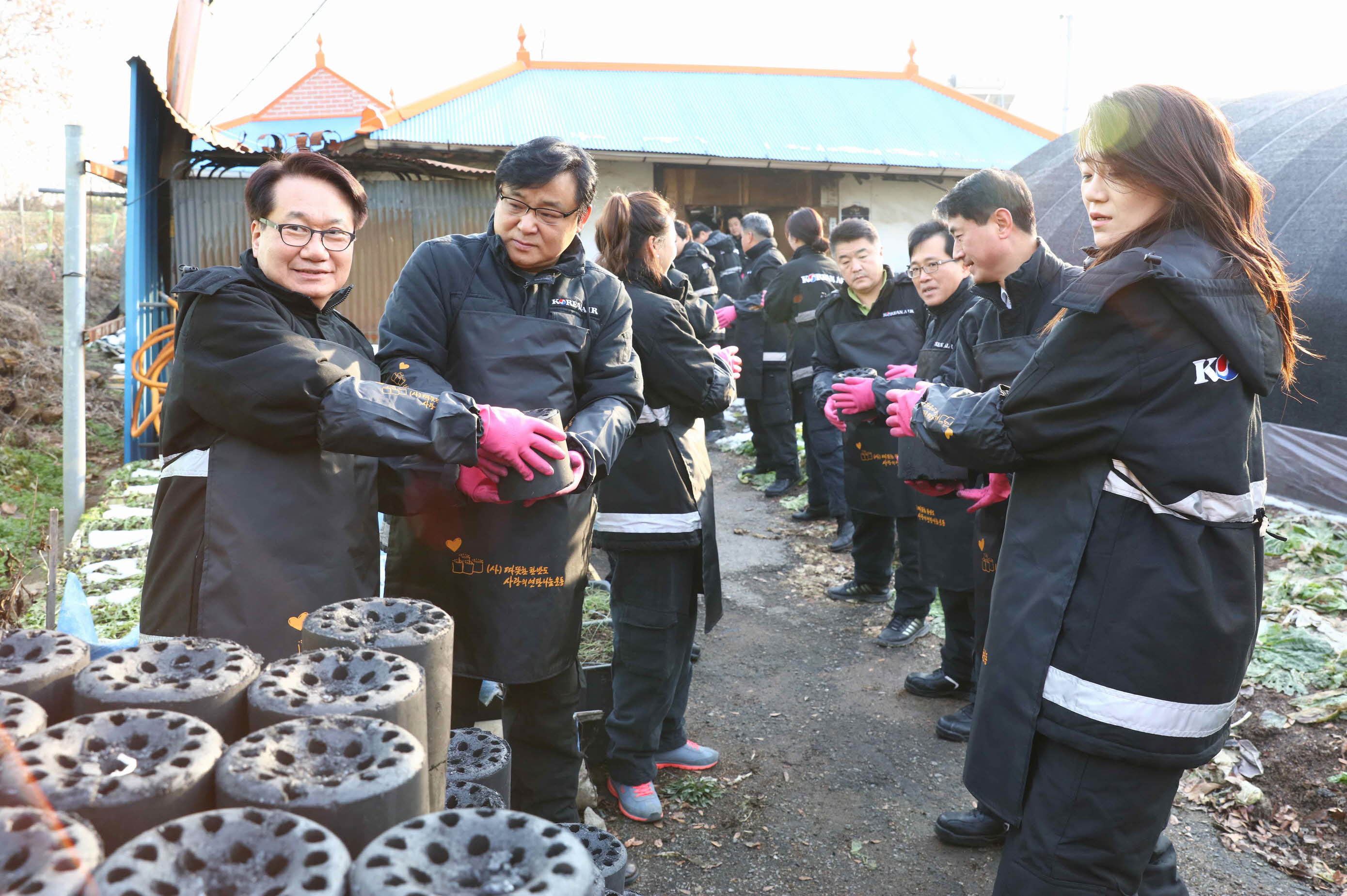A Guide to Korean Year-End Culture: How Koreans Celebrate the Closing of the Year
As the year draws to a close, South Korea comes alive with unique customs and celebrations that beautifully blend traditional values and modern festivities. For visitors and foreigners living in Korea, this is a great time to experience the warmth and vibrancy of Korean culture. Let’s dive into how Koreans mark the year’s end and welcome the new year.
1. Year-End Gatherings (송년회, Songnyeonhoe)
![송년회 장소, 대관술집 추천] 서울의 100명 규모의 술집, 대관 장소를 찾는다면? 10곳 추천해드림! : 네이버 블로그](https://gsic.skku.edu/_res/editor_image/2022/12/sCHFYHZRJNOzopGJrXgI0.jpg)
One of the most significant year-end traditions is the 송년회 (Songnyeonhoe) or "farewell year party." These gatherings are common among colleagues, friends, and families to reflect on the past year and express gratitude. They usually involve a meal, drinks, and lively conversations.
For a truly Korean experience, participate in a round of noraebang (karaoke) after dinner, a beloved pastime that often follows year-end gatherings.
2. New Year’s Eve: Traditional Bell Ringing Ceremony

On New Year’s Eve, Koreans gather at Bosingak Bell Pavilion in Seoul for the annual bell-ringing ceremony. The event, televised nationwide, symbolizes letting go of the old year and welcoming a fresh start. Celebrities and public figures are often invited to ring the bell, and it’s accompanied by fireworks and countdowns.
For a modern twist, young Koreans flock to bustling areas like Gangnam or Hongdae to enjoy parties and live performances.
3. Welcoming the First Sunrise

The first sunrise of the year holds special significance in Korean culture. Many Koreans travel to the eastern coast or mountain peaks to watch the sunrise, believing it will bring good luck and blessings for the year ahead. Popular spots include Jeongdongjin Beach in Gangwon Province and Seongsan Ilchulbong (Sunrise Peak) in Jeju Island.
4. Traditional New Year’s Day: Seollal

Although celebrated later in January or February, the Lunar New Year (Seollal) is worth mentioning as it is the most important holiday in Korea. Families gather to perform ancestral rites, wear hanbok (traditional clothing), and play folk games. This holiday is marked by heartfelt traditions and delicious dishes like tteokguk (rice cake soup), which symbolizes growing a year older.
5. Giving Back: Acts of Charity

Year-end is also a season of giving in Korea. Many individuals and organizations engage in charitable activities such as volunteering, donating to the less fortunate, or participating in community events. It's a heartwarming time to see Koreans come together to spread kindness and compassion.
Closing Thoughts
Korean year-end culture is a mix of heartwarming traditions, festive celebrations, and moments of reflection. Whether you’re singing your heart out in noraebang, participating in charity events, or watching the first sunrise of the year, this season offers countless opportunities to make unforgettable memories.
So, if you find yourself in Korea as the year ends, embrace the spirit of the season and enjoy all the festivities it has to offer. Happy holidays, or as Koreans say, "새해 복 많이 받으세요!" (Saehae Bok Mani Badeuseyo!) – Wishing you a prosperous new year!
__
If you want to gift your family or friend a special present for the New Year, here are a list of unique Korean made products!
Hanbok Plate (Medium) / Carnation Soap – Perfect Gift for Thanking Family & Loved Ones | Sooki Studio / Sulkkot Traditional Liquor Stopper - Wine Cap Saver / Silicone Keeper (Papa) / Hangeul Pattern Teacup Gift Set / Pine & Crane Najeon Coaster
